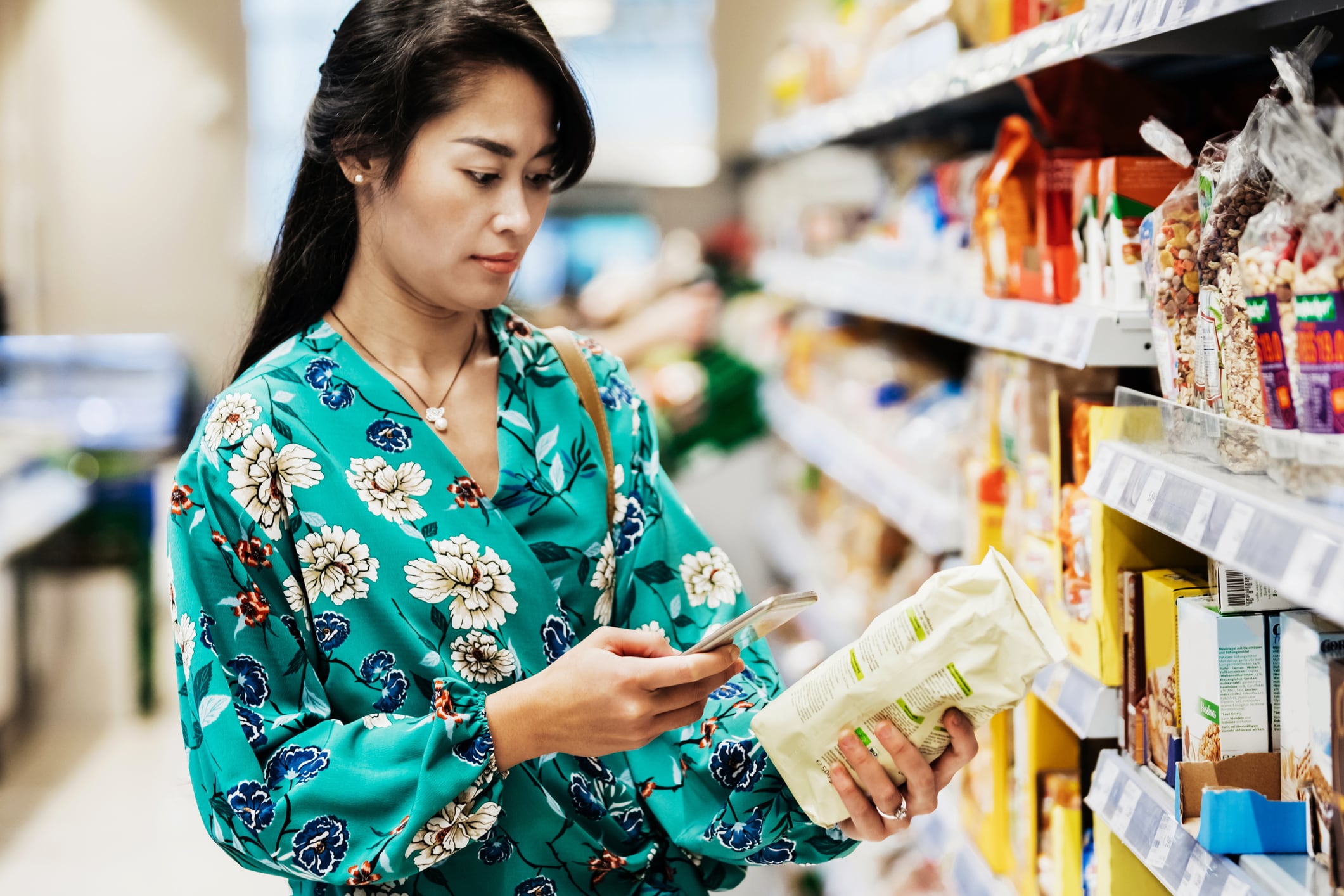
Transparency demanded as trust in food system declines
Consumers want specific kinds of information about their food
News & Analysis on Food & Beverage Development & Technology

Consumers want specific kinds of information about their food

As the plant-based industry pushes back against the ban, how likely is it to be implemented?
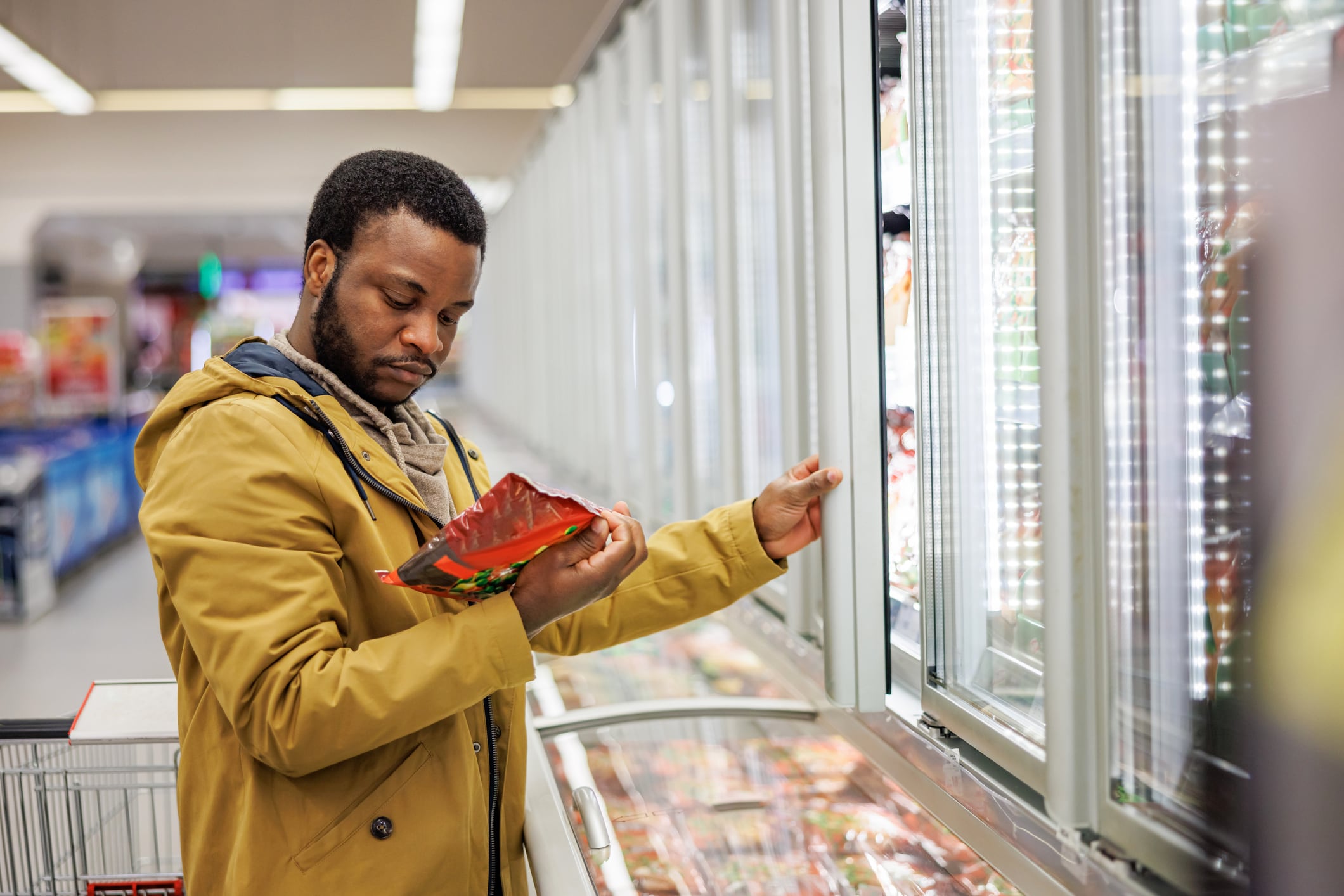
What do companies need to do to ensure their claims are compliant in the EU?
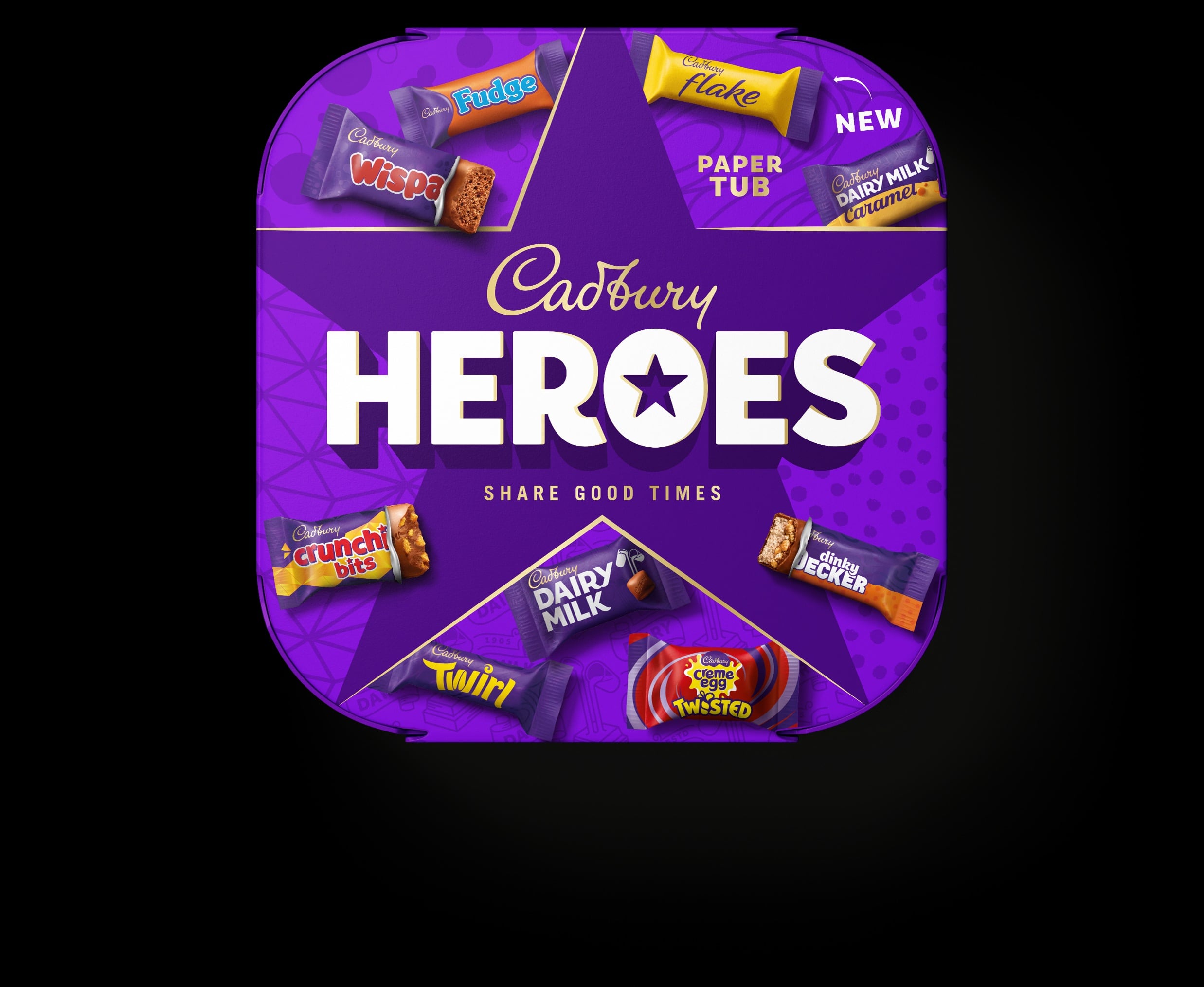
Cadbury Heroes gets a sustainable makeover as Mondelēz trials paper tubs

Raw and minimally-processed chocolate is bringing bold flavours, rustic textures, and transparency to the premium confectionery space

The confectionery market is entering a new growth phase, driven by evolving consumer preferences, seasonal demand, and innovation in non-chocolate formats
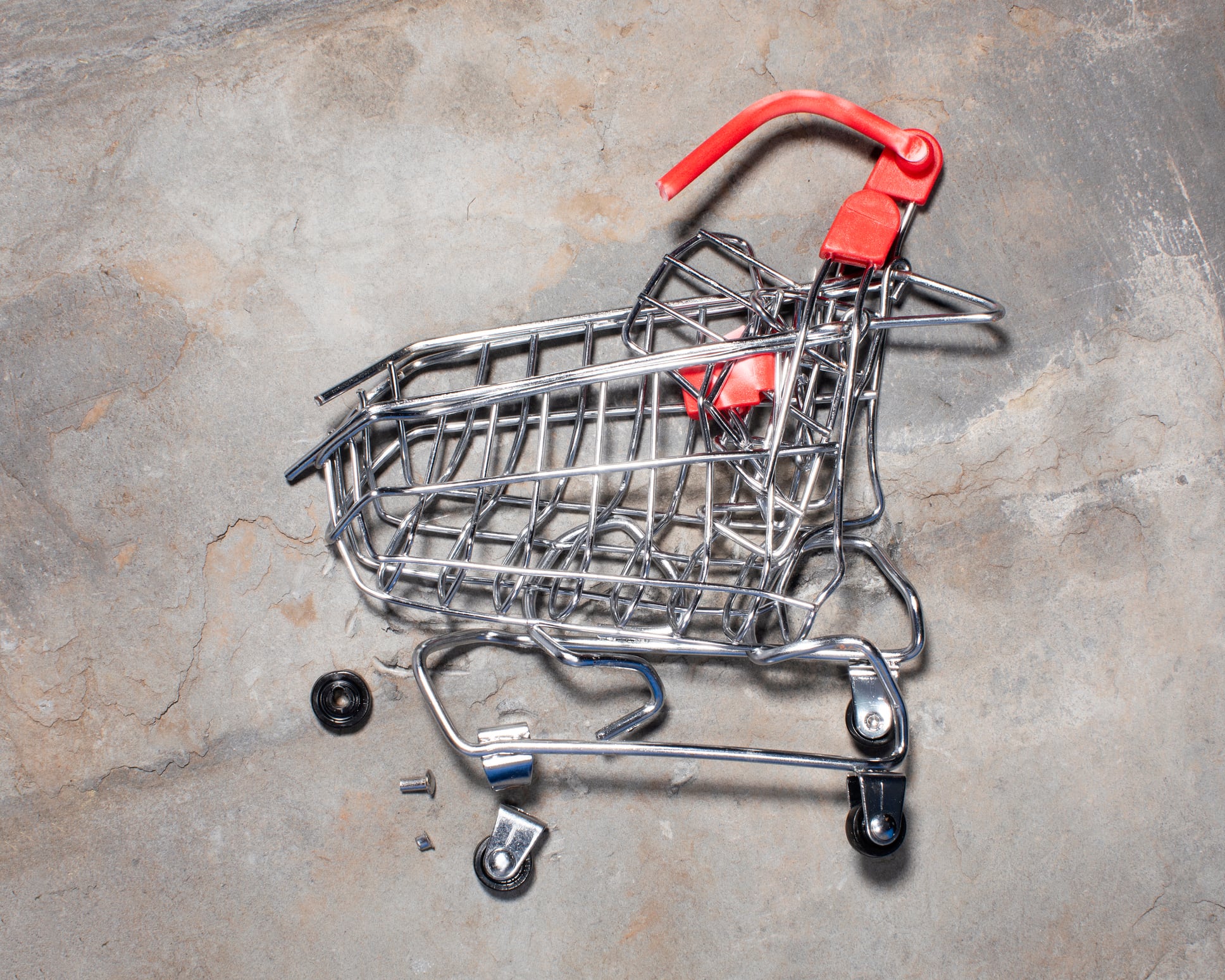
When costs are high, consumers are more discerning with their wallets

Are ultra-processed foods really the enemy?
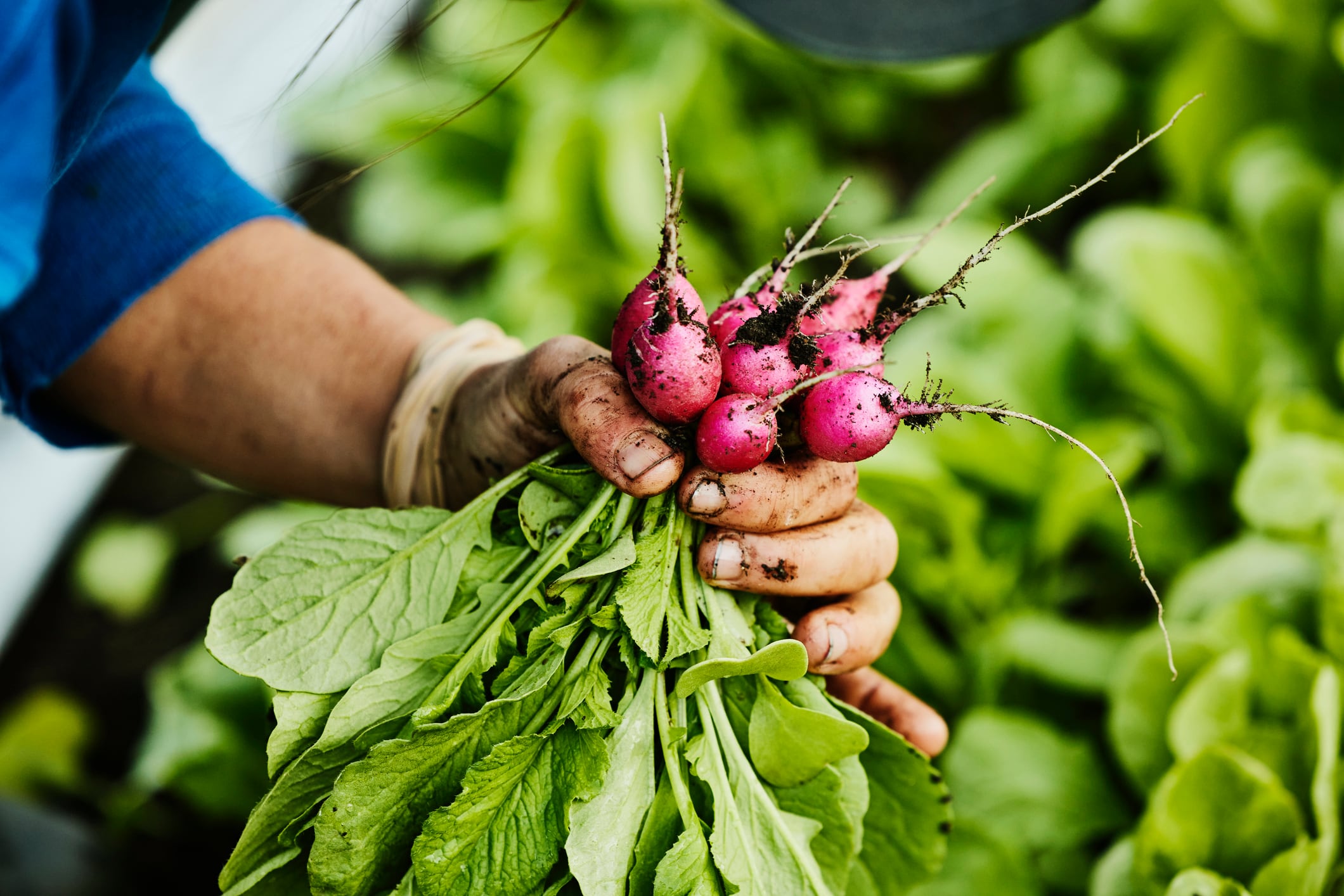
Sustainable September
The dangerous, microscopic plastic particles can accumulate in the edible parts of veg, study suggests
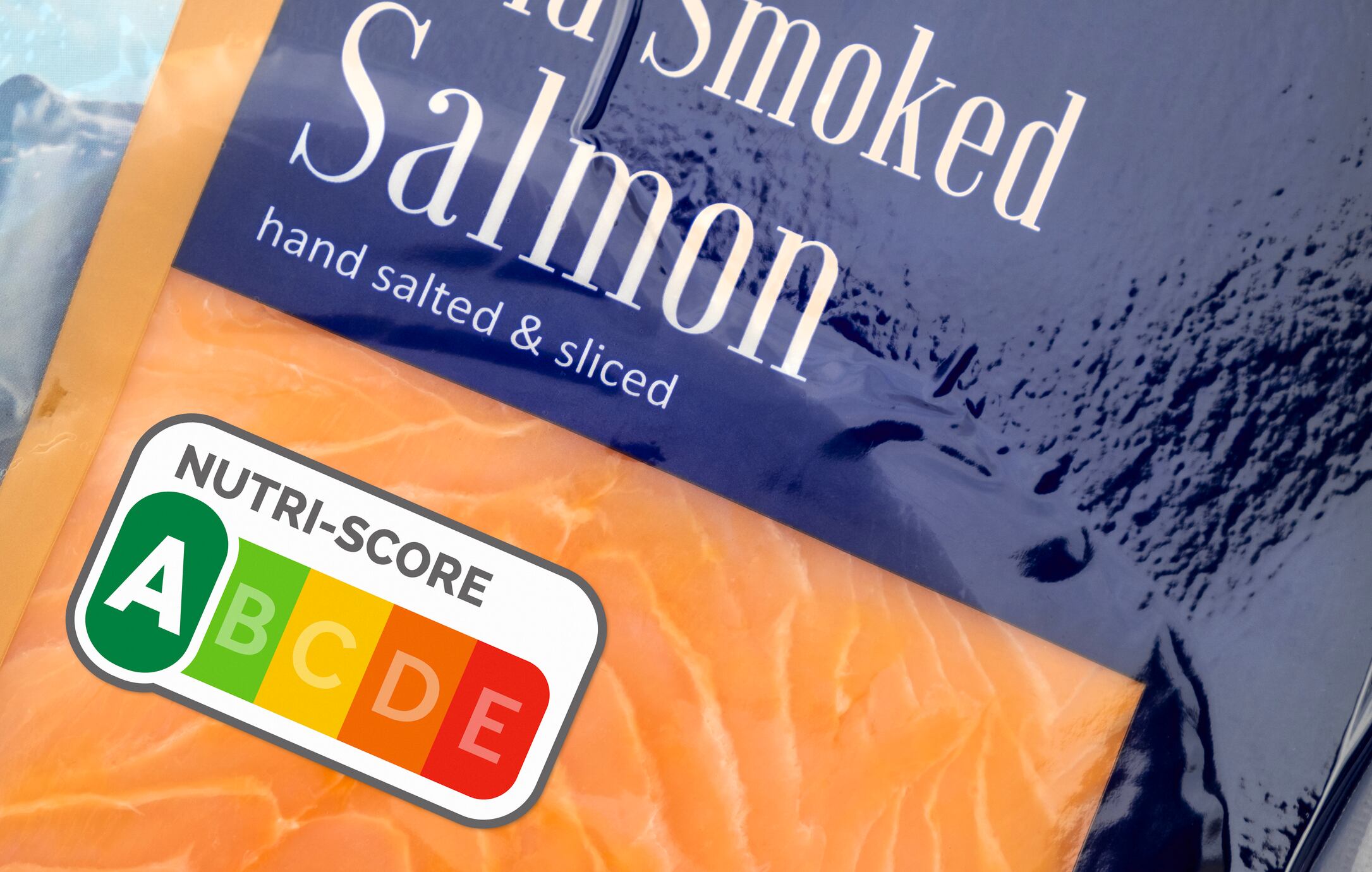
The EU has refused to release documents over shelved plans to roll out mandatory front-of-pack labelling
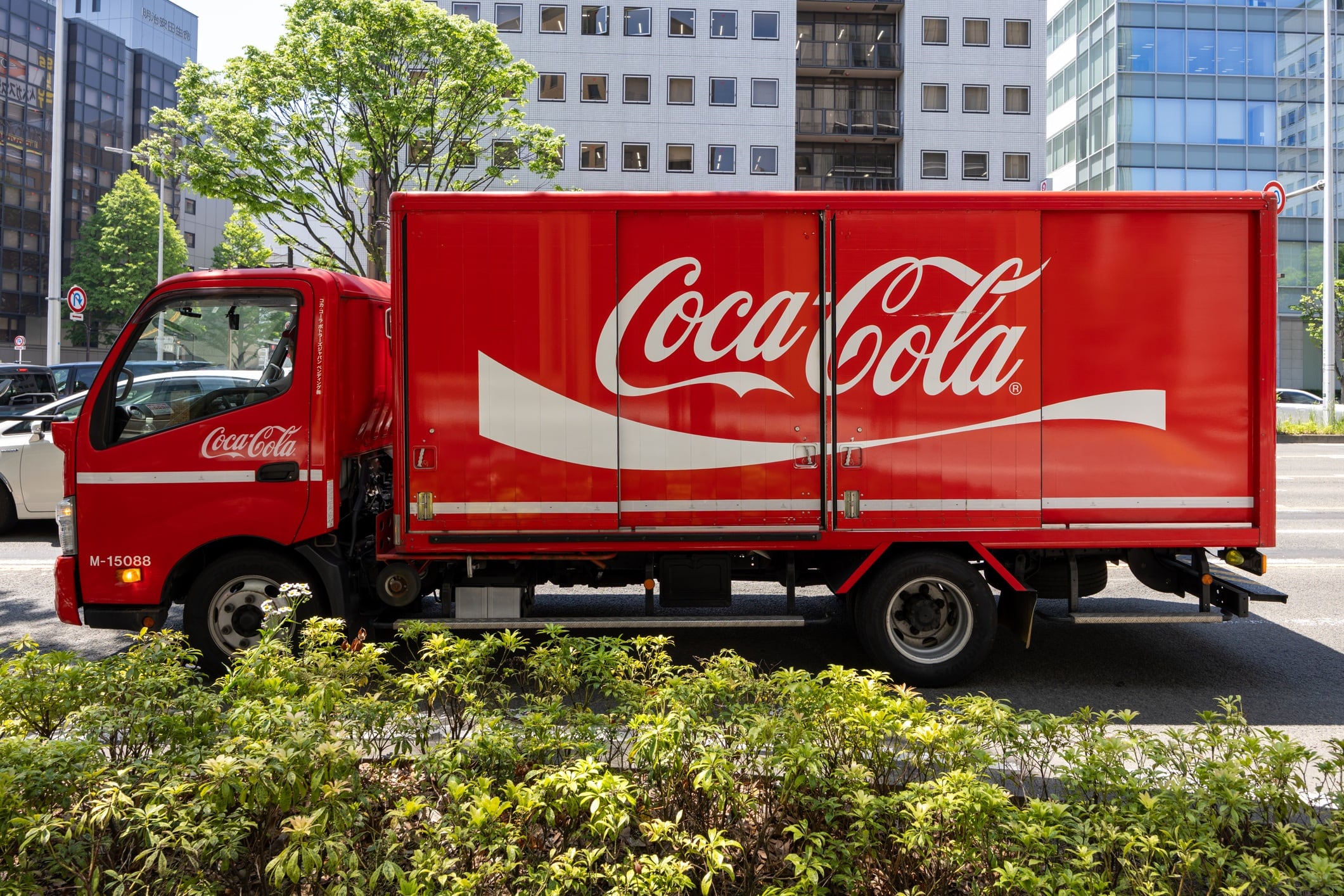
Discover how brand power, smart diversification, and local strategy keep Coca-Cola fizzing at the top of the global beverage game
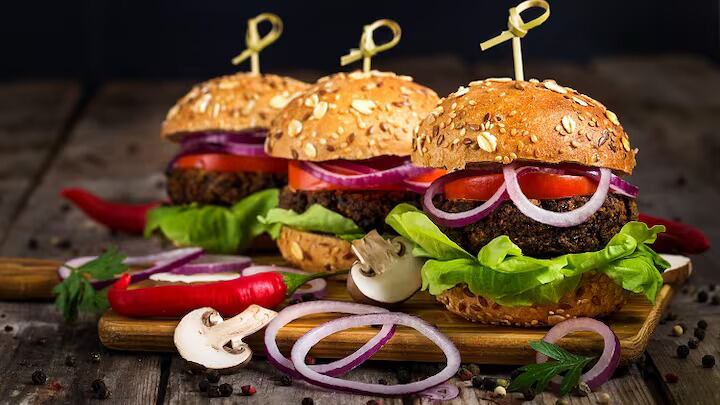
Opinion
Blended foods promise the best of both worlds, but getting them right is no easy feat. Discover the science behind creating hybrid products that deliver on taste, texture, and sustainability

From labour shortages to climate chaos, the food and beverage industry is fighting fires on all fronts

From cell-cultivated meat to precision-fermented dairy, regulators are stepping up to support innovation

Snacks are surging, alcohol is slipping, and flavour is king. Discover the biggest consumer shifts in food and drink in 2025

As consumer priorities shift, food and beverage businesses must adapt fast to survive
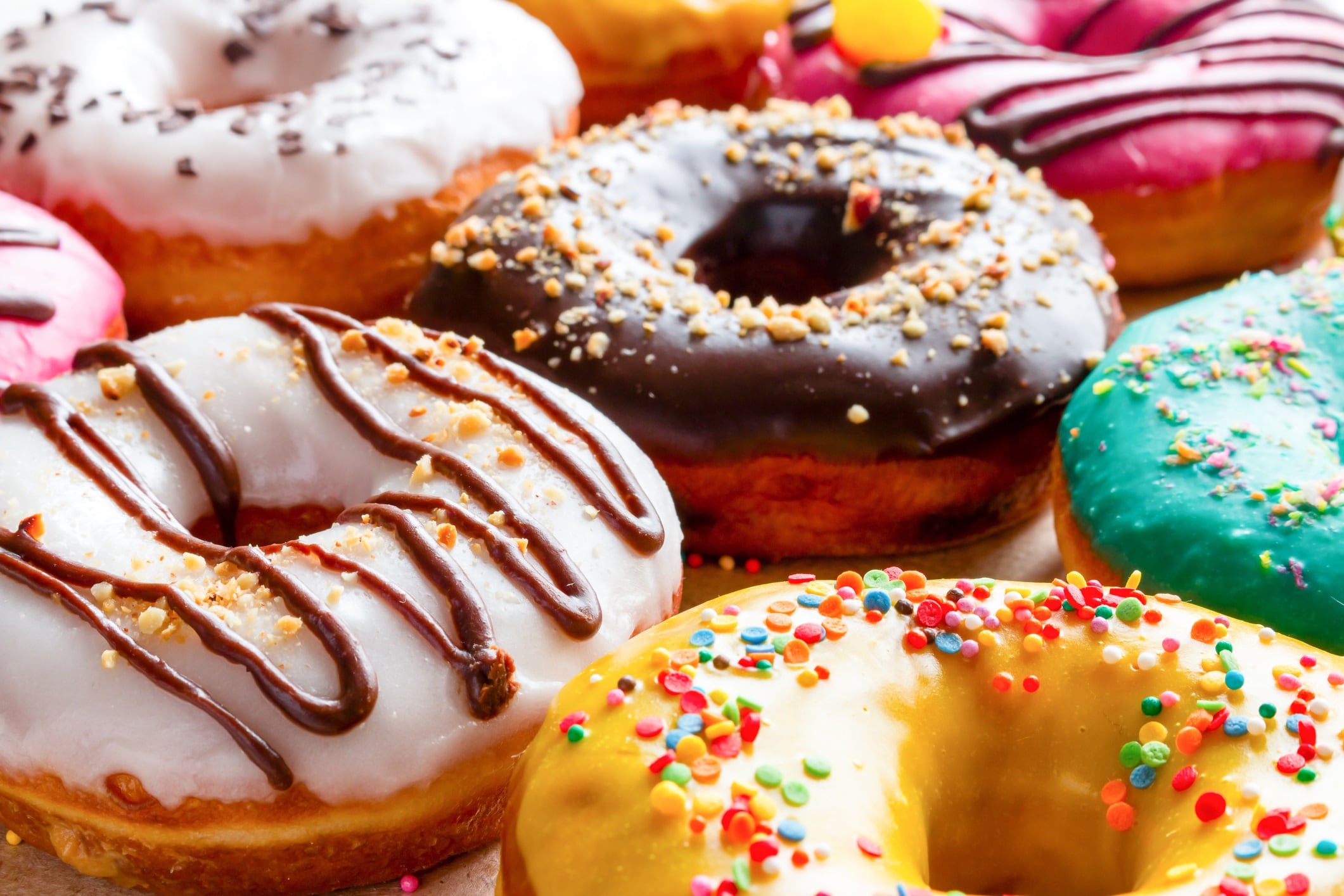
Gluten-free is no longer niche. With the market growing fast, brands are racing to overcome production hurdles for new product development
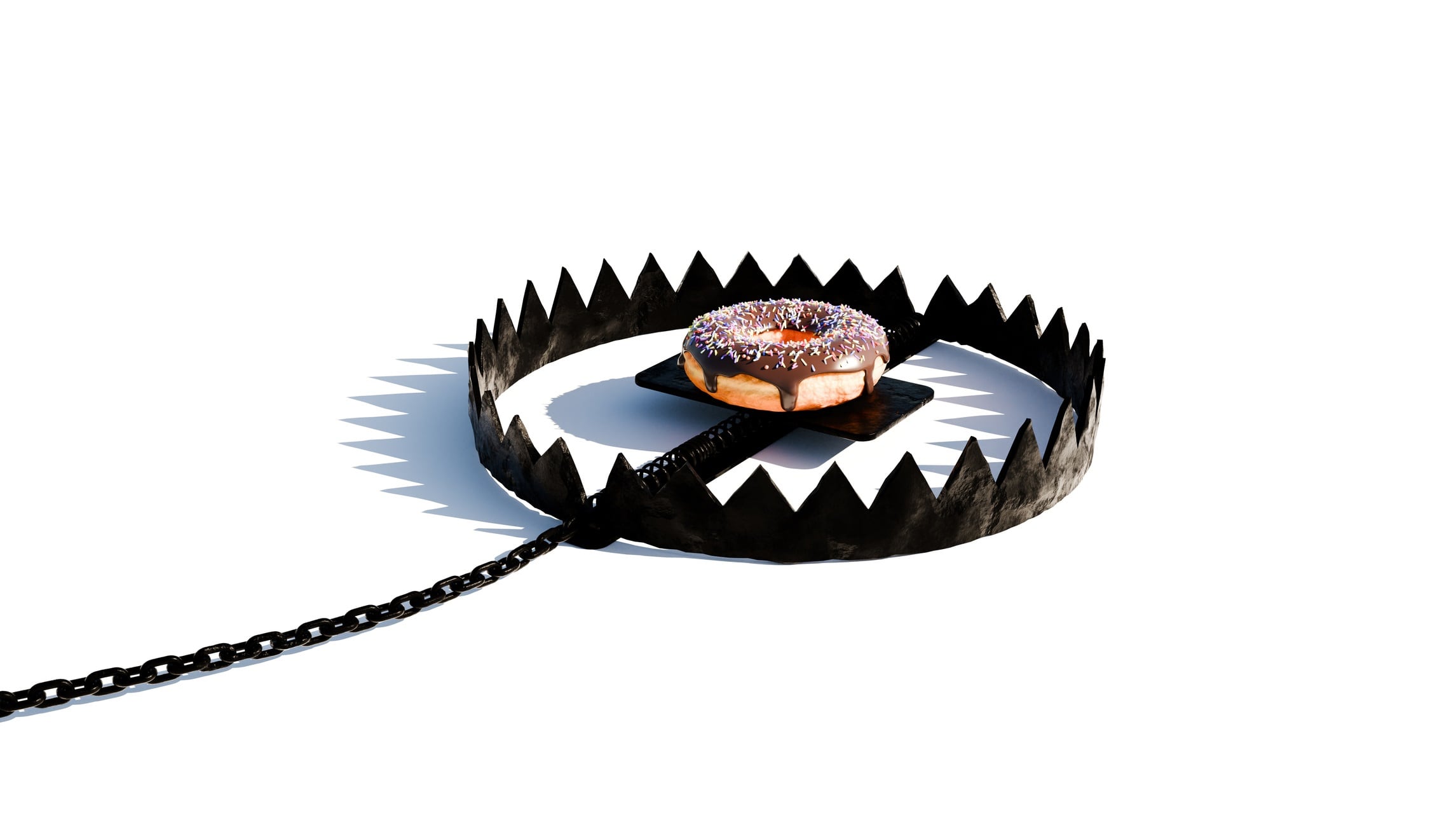
Food recalls have hit record highs - costing billions, shaking consumer trust, and exposing cracks in global supply chains
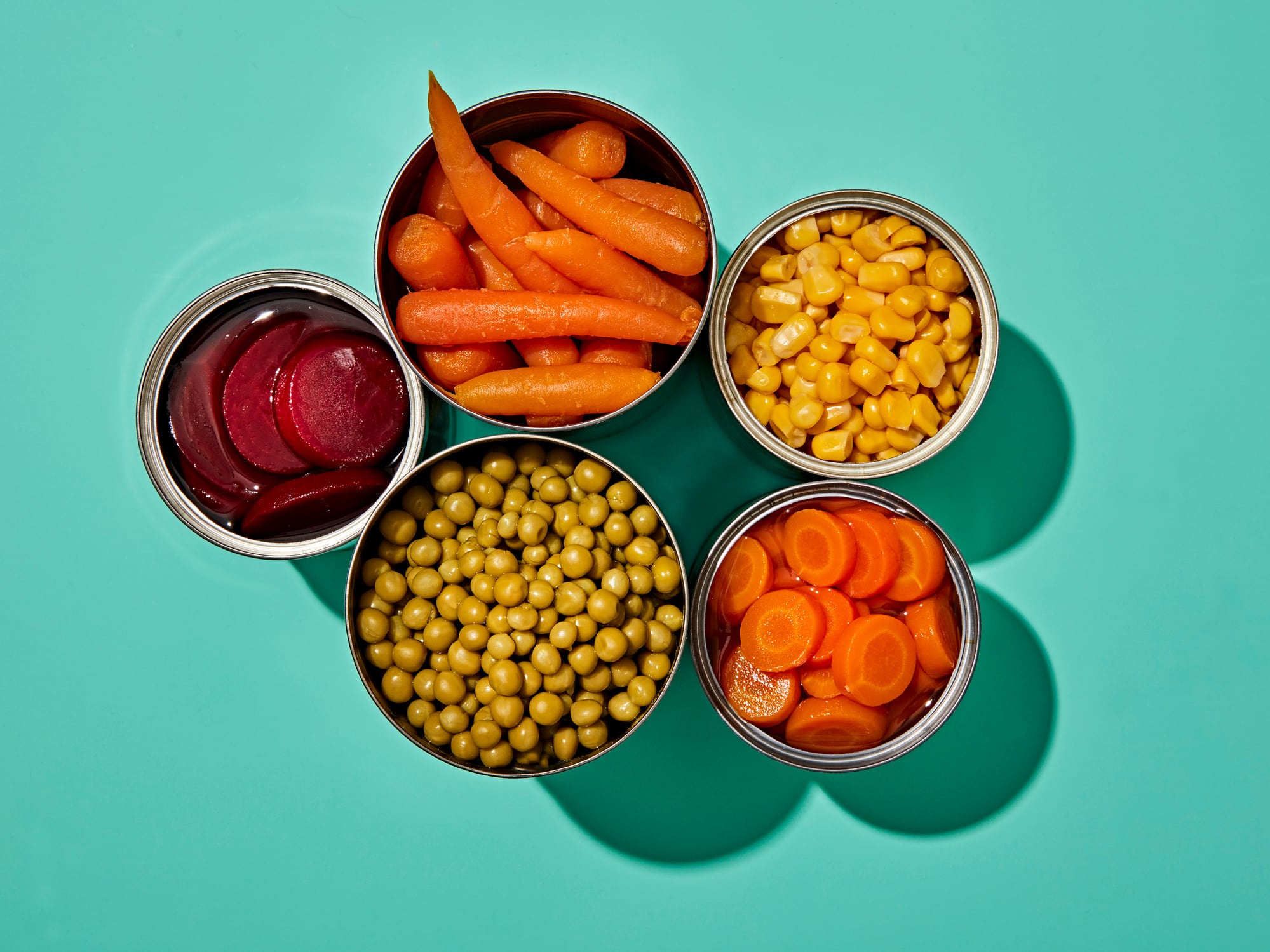
Del Monte’s bankruptcy has brought the decline of canned food into focus

Major new study links ultra-processed foods to early death, intensifying consumer concern and putting pressure on the food industry to act
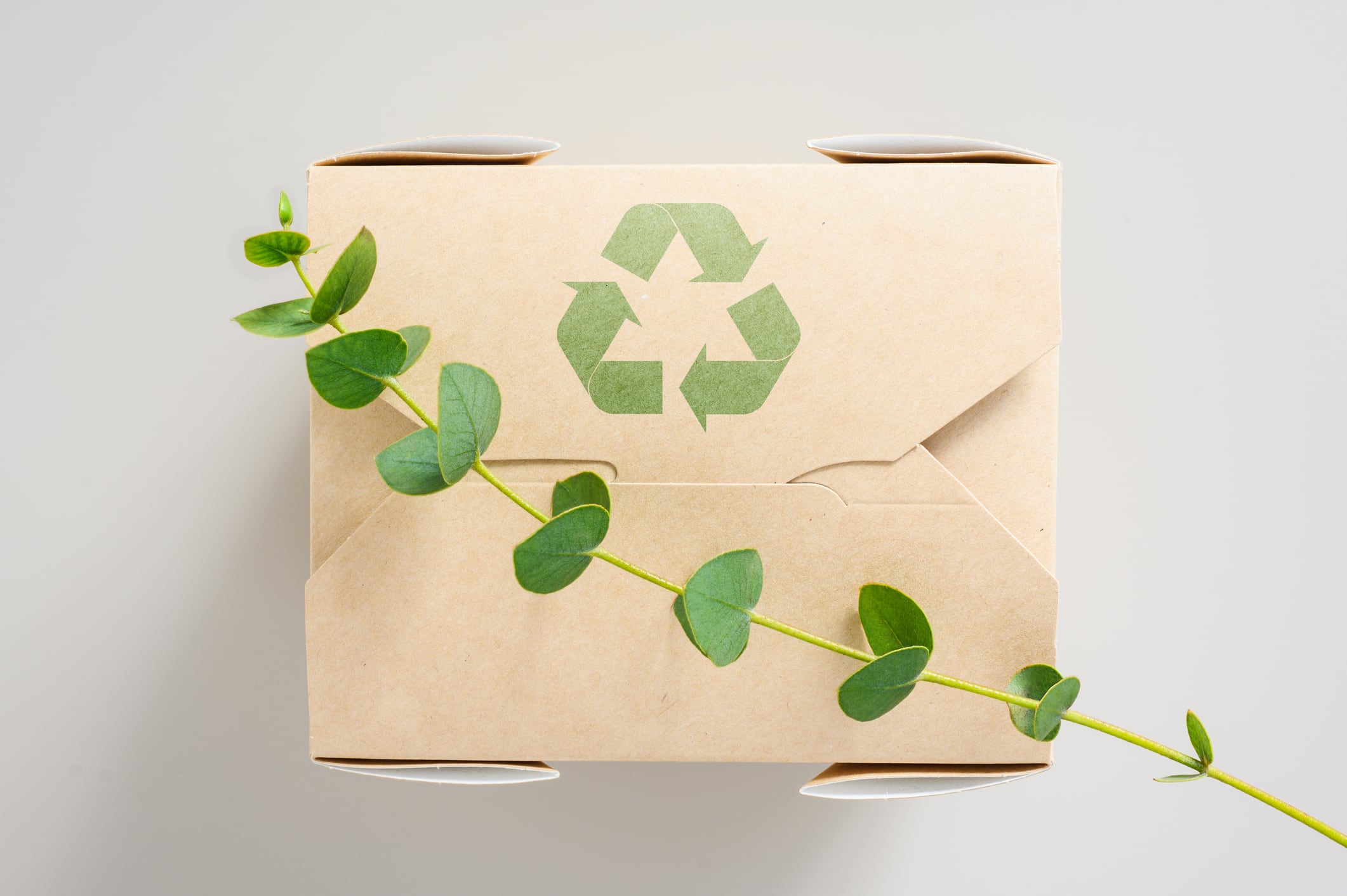
Younger people buck the trend of declining interest in sustainability
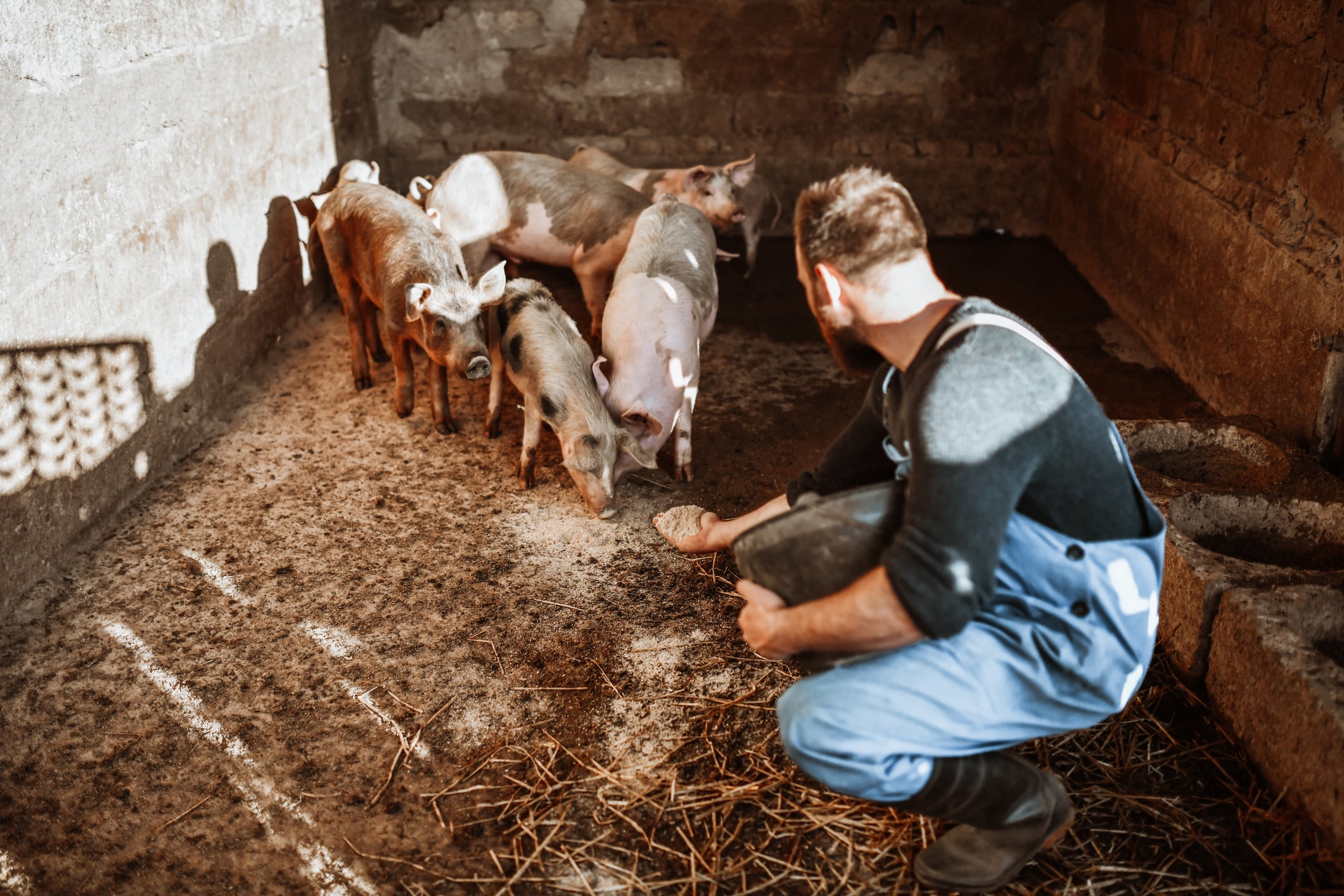
Switzerland has “levelled-up” its animal welfare labelling rules, but not everyone is happy with the new rules

The anti-greenwashing legislation would have put significant administrative burden on food
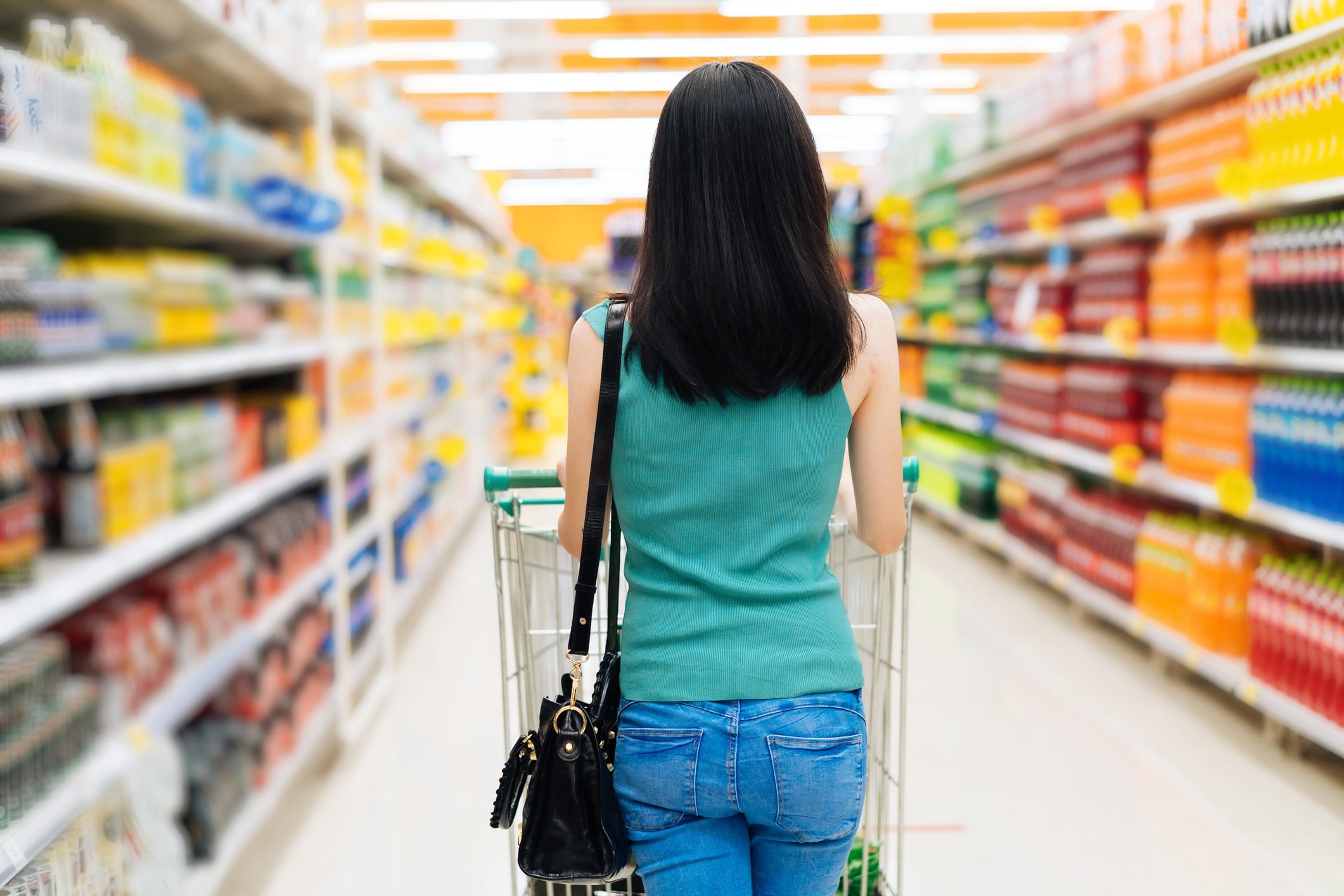
With half of global shoppers choosing supermarket own brands, we discover if the age of branded food and beverage is over

Top baby food brands accused of misleading parents with high sugar and low nutrient products

Discover what’s driving the desire to rebrand, the biggest design trends, and why not everyone should follow suit

Healthy foods and beverages can provide a wealth of benefits, even if weight loss isn’t one of them
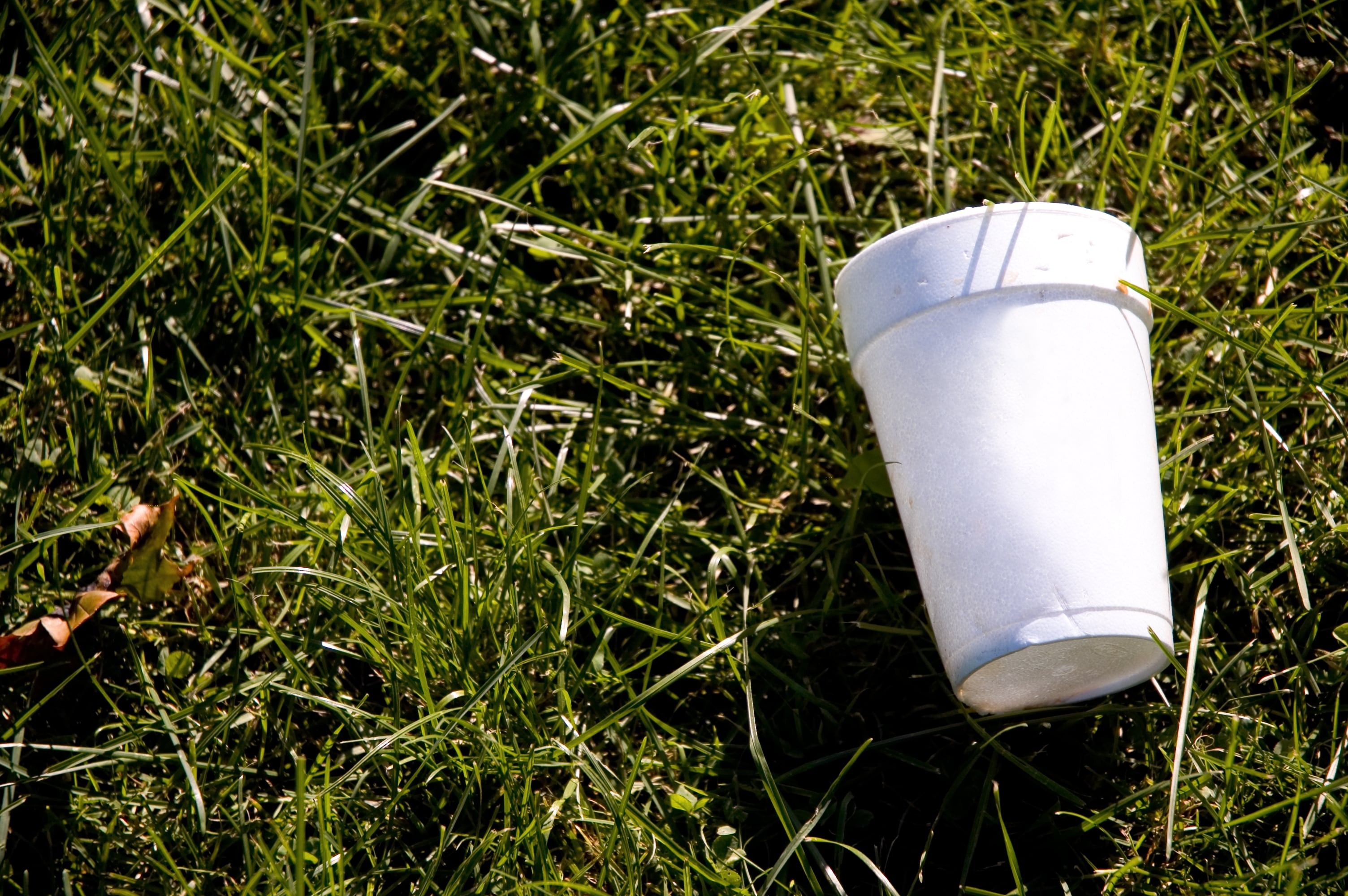
There has been significant uncertainty around the material

Convenience and personalisation are prompting consumers worldwide to flock to the internet
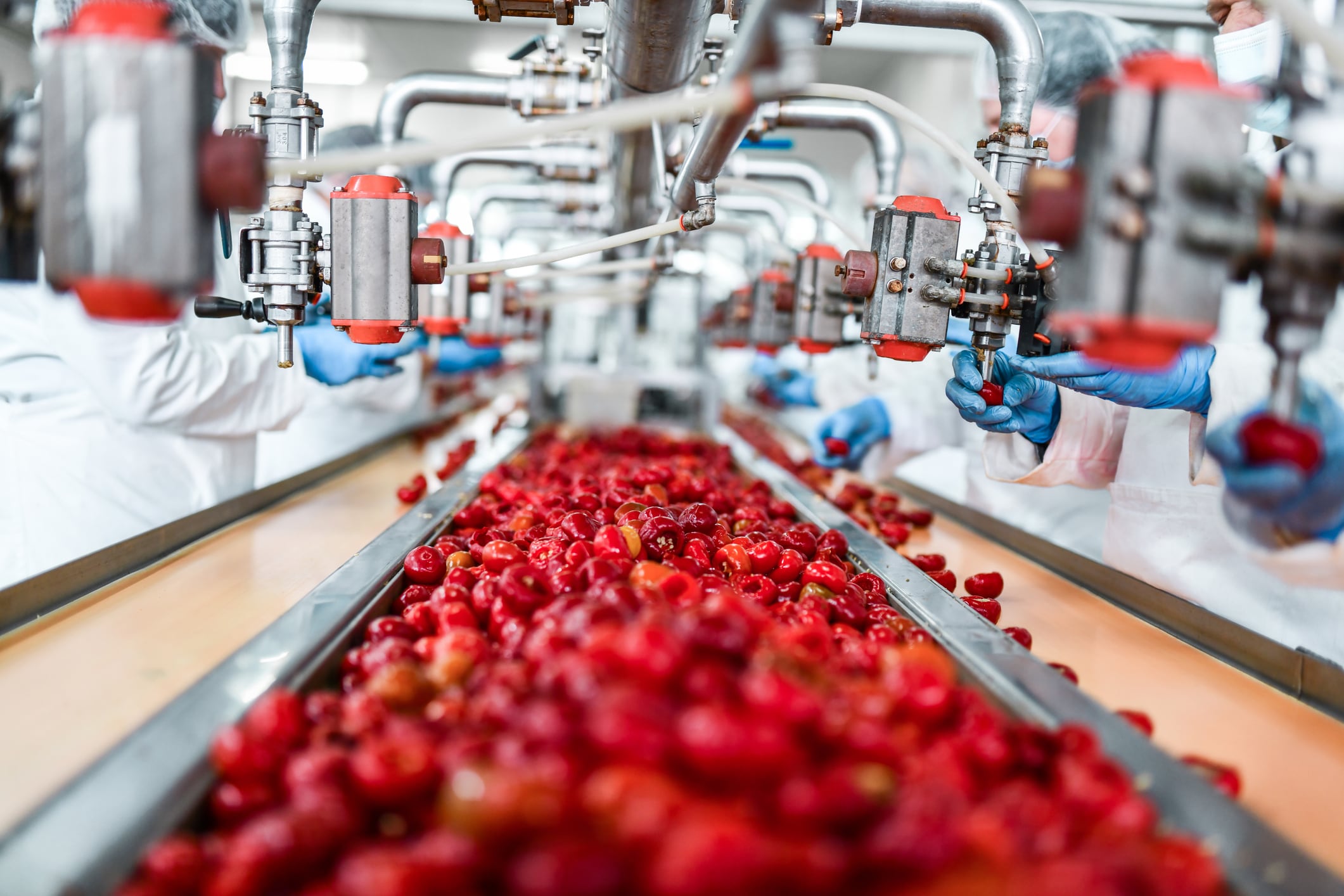
The newly formed FMTE aims to influence policy and boost R&D in food manufacturing
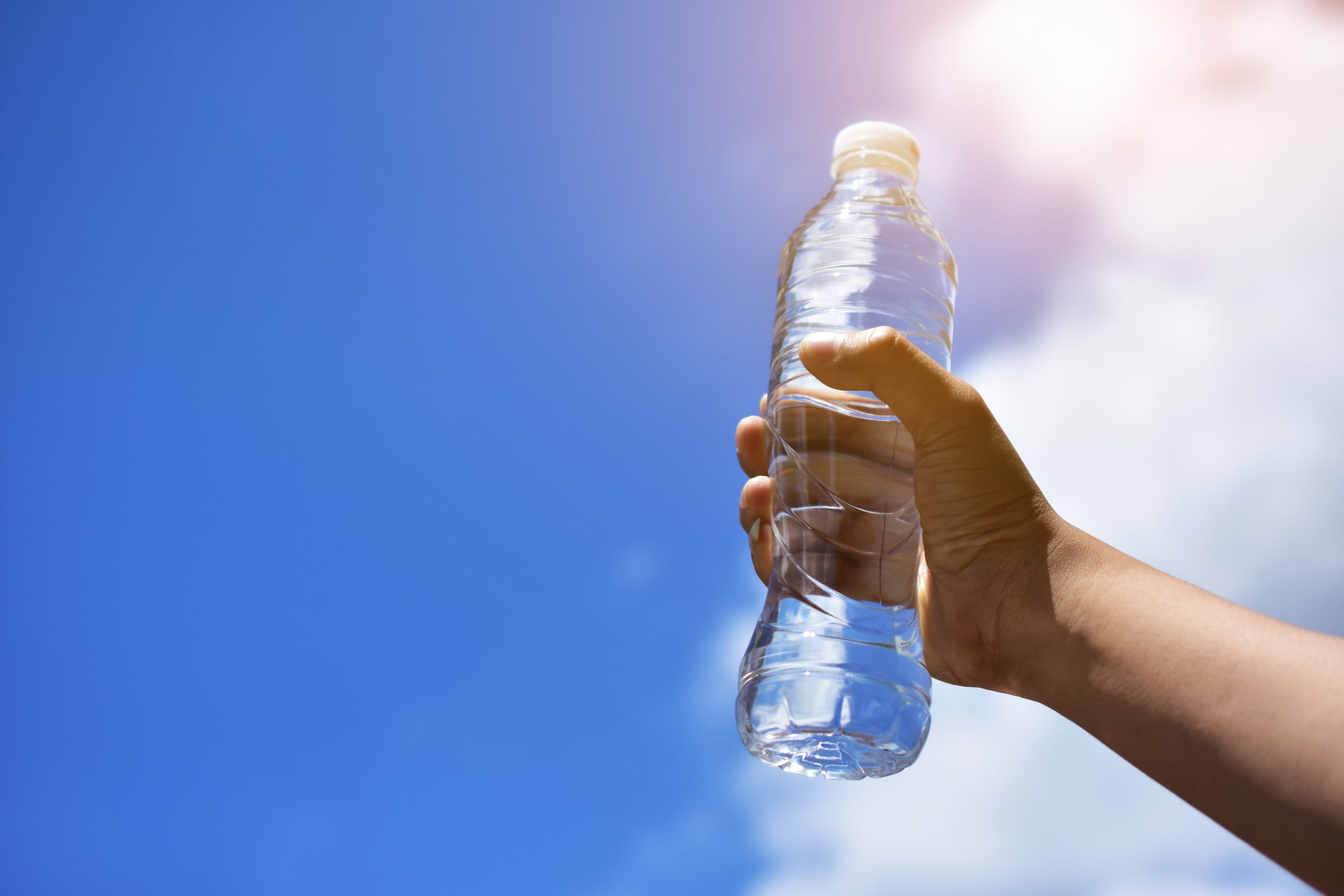
Regulation and consumer pressure is pushing the industry to go green on packaging

Before we even take a bite, colour tells our brain what to crave. And it’s not just the frosting that’s doing the talking – it’s psychology, marketing and a bit of regulatory drama

The winner of a major, global packaging innovation competition headed by Kraft Heinz has been announced

Mounting challenges and changing tastes are reshaping the food and beverage industry for the future. Let’s take a look at tomorrow’s world
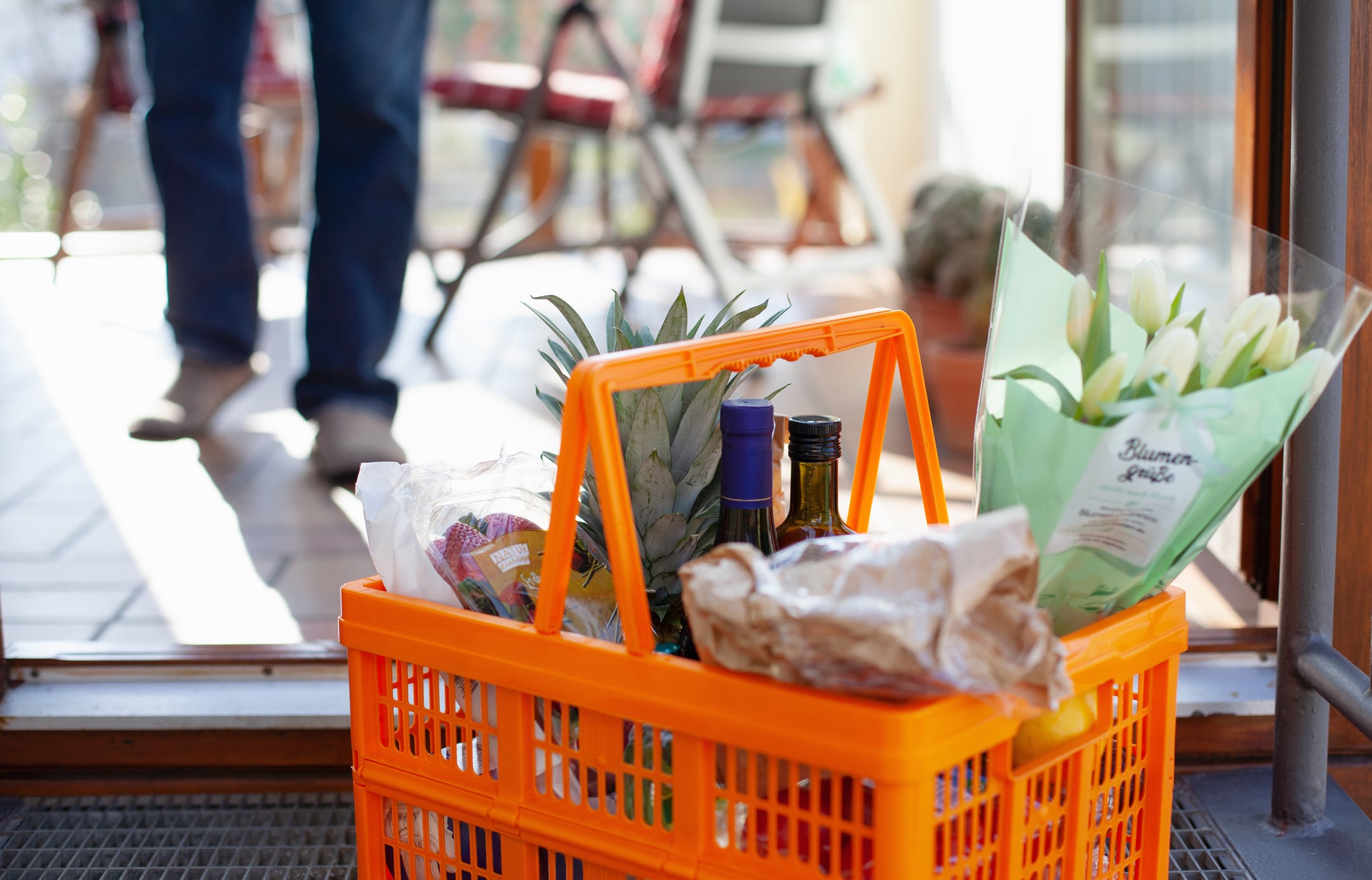
Booming delivery market not set to slow, but how ready for it are FMCG brands?

Convenience channel expansion shows shift in shopping habits as consumers increasingly favour hassle-free buying options
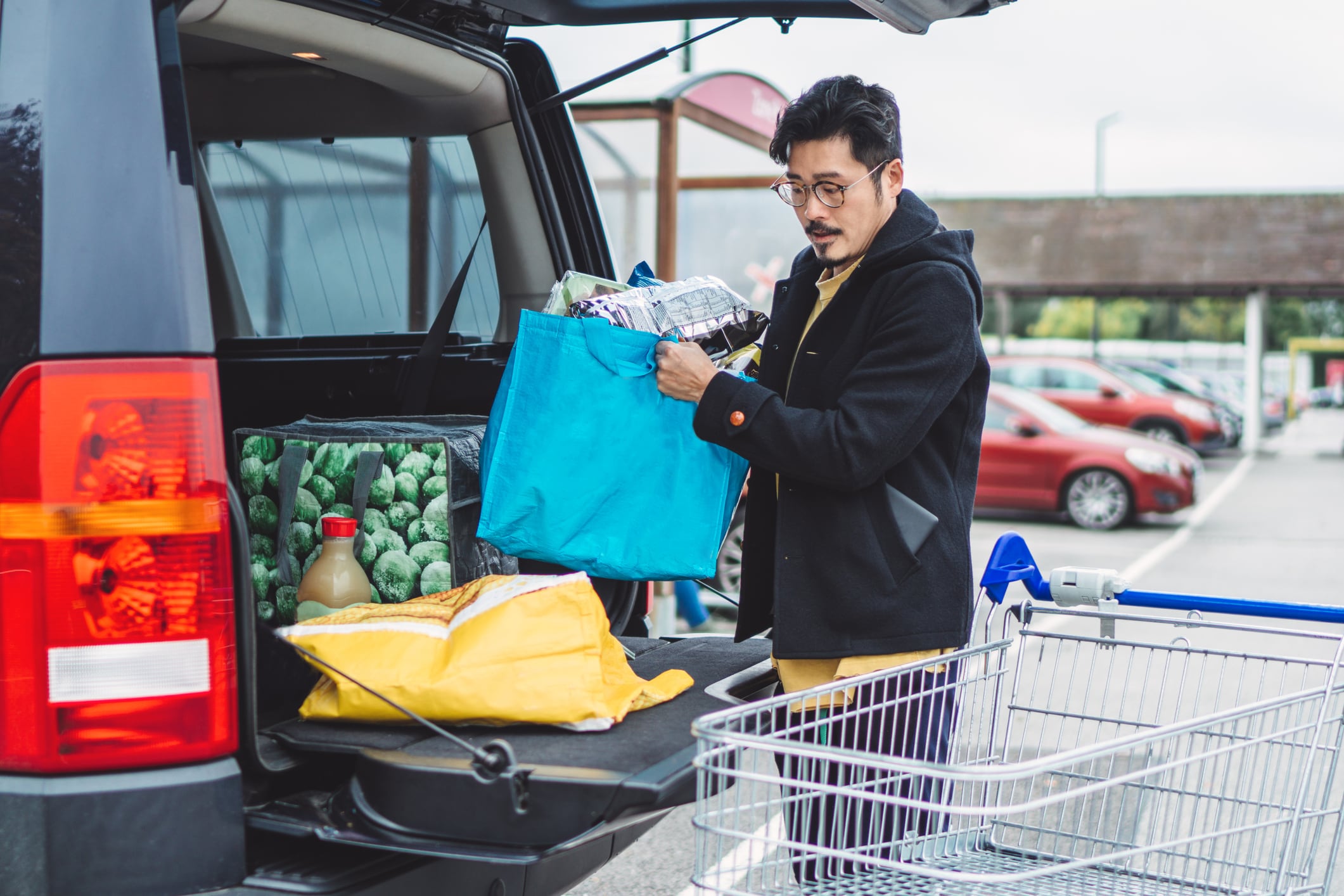
Despite tough economic headwinds, Europe’s overall grocery sales have remained sturdy
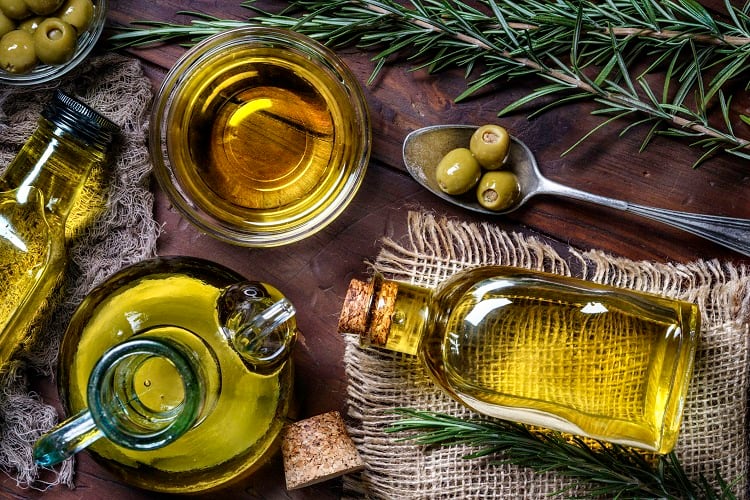
Why are olive oil fraud cases growing and can this dangerous trend be stopped?

Sustainable packaging is no longer a niche idea but making it affordable at scale remains a massive challenge. How will the Rethinking Materials Summit 2025 help turn breakthrough innovations in biochemicals and biomaterials into real-world solutions?

The premiumisation trend shows no signs of slowing down, in fact it’s speeding up. So what’s the secret to its success?
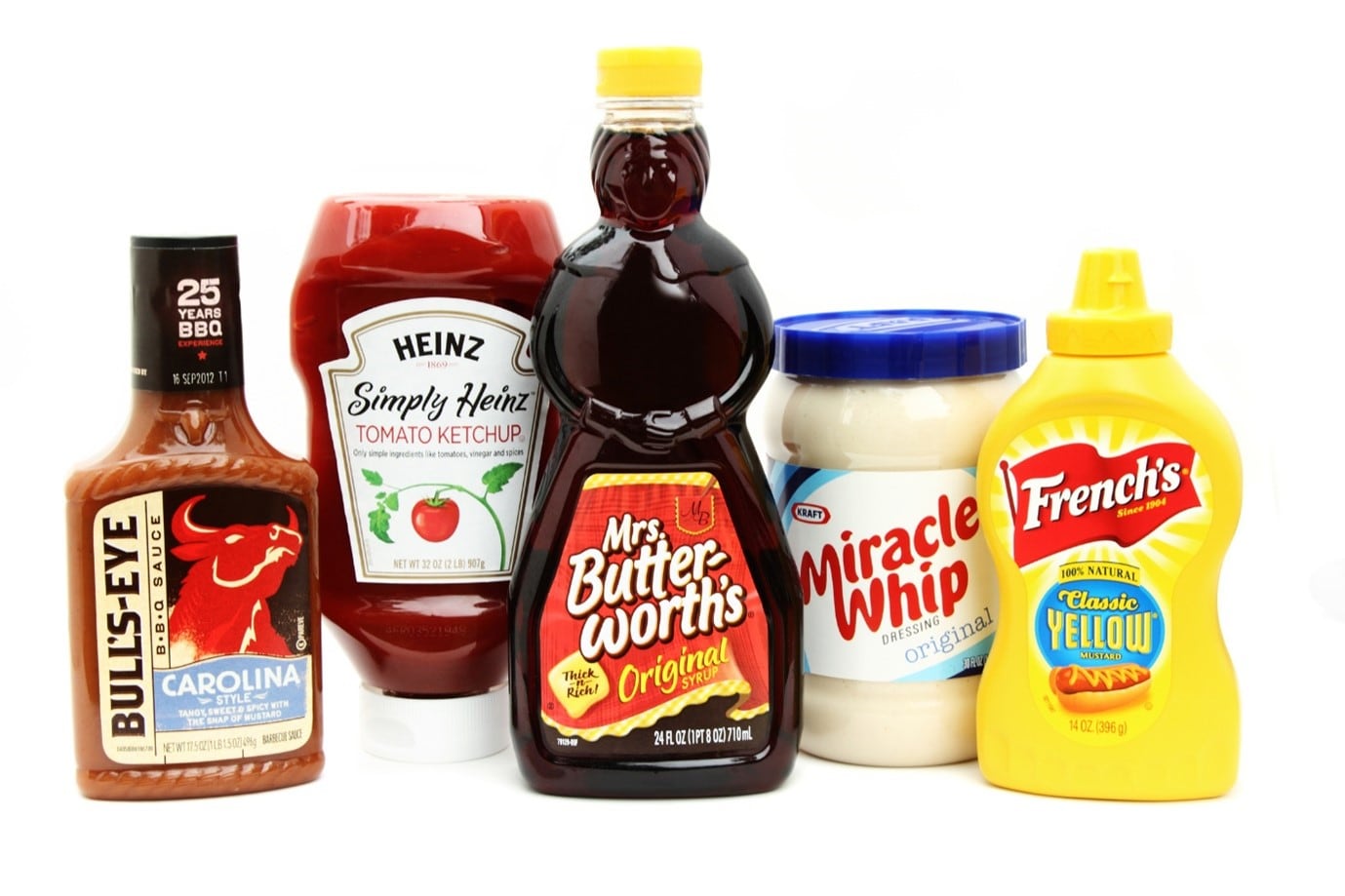
A major global competition to uncover the sustainable packaging solutions has reached its next phase
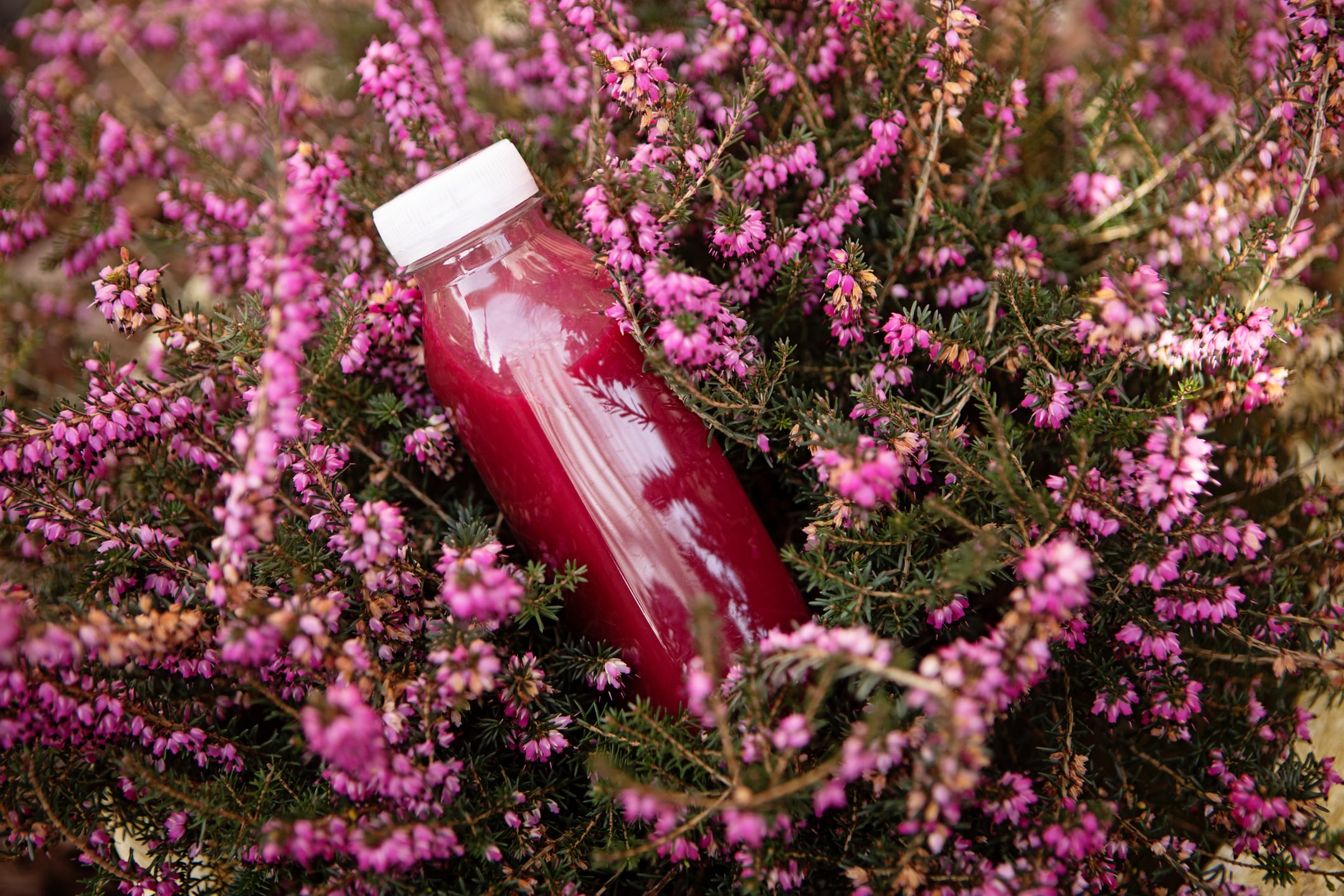
Emissions can be cut down by changing PET’s production method
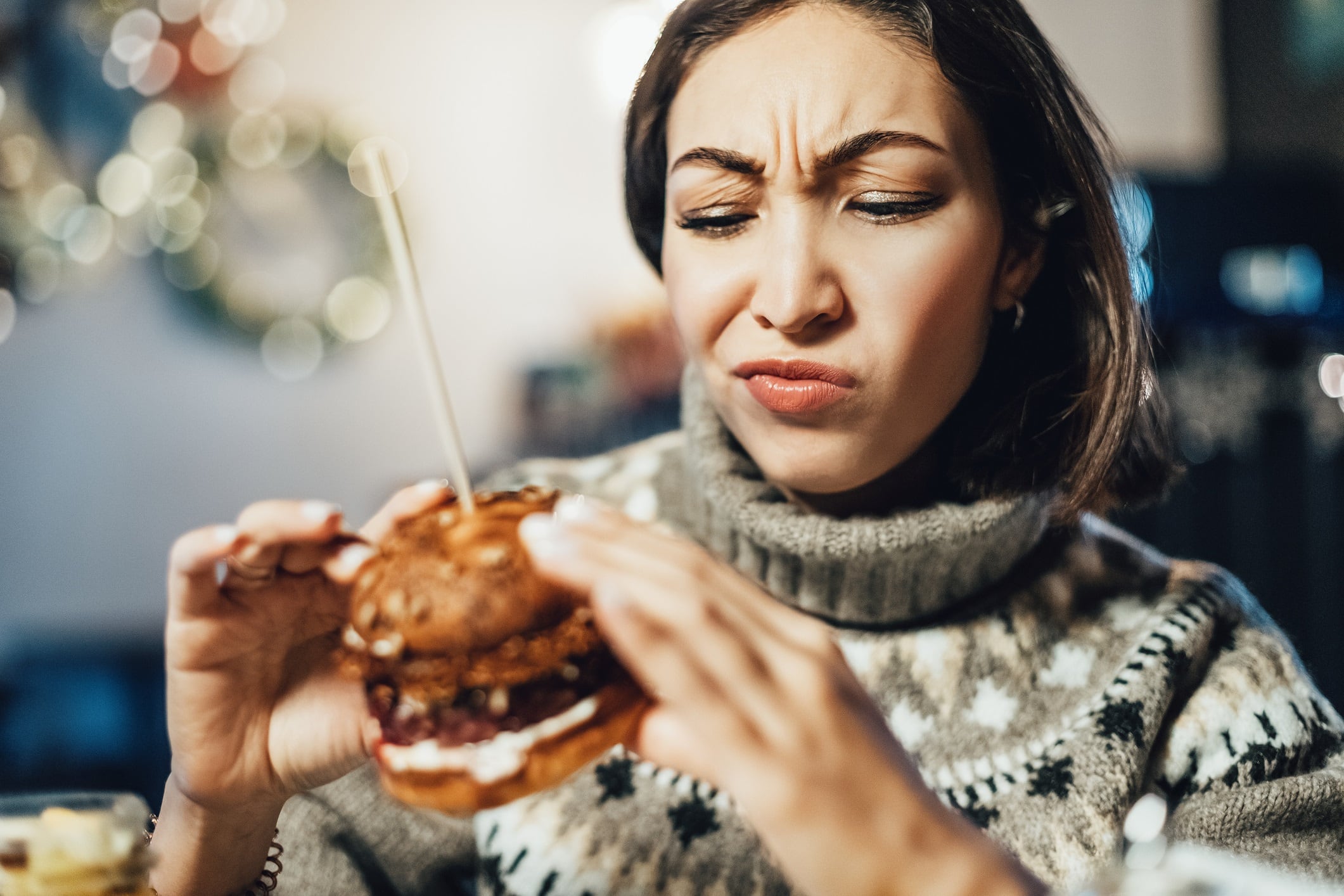
New product development can be a resounding success or an embarrassing failure. We look at the biggest mistakes brands make

As the UK’s EPR comes into force, the EU is harmonising its own schemes
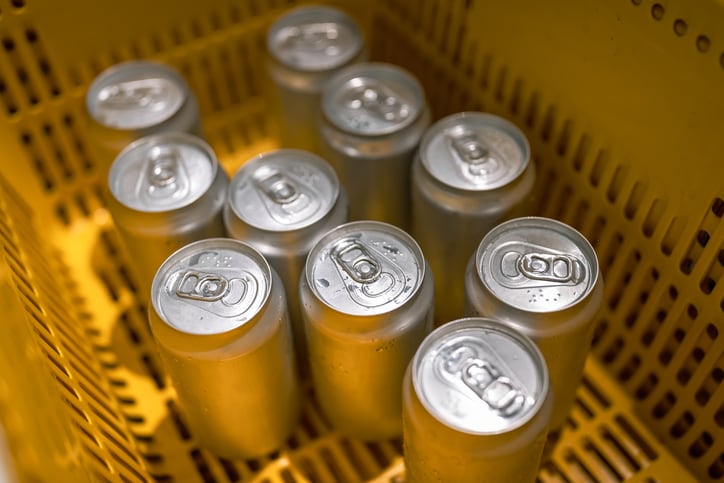
Brewers are scrabbling to understand the new rules
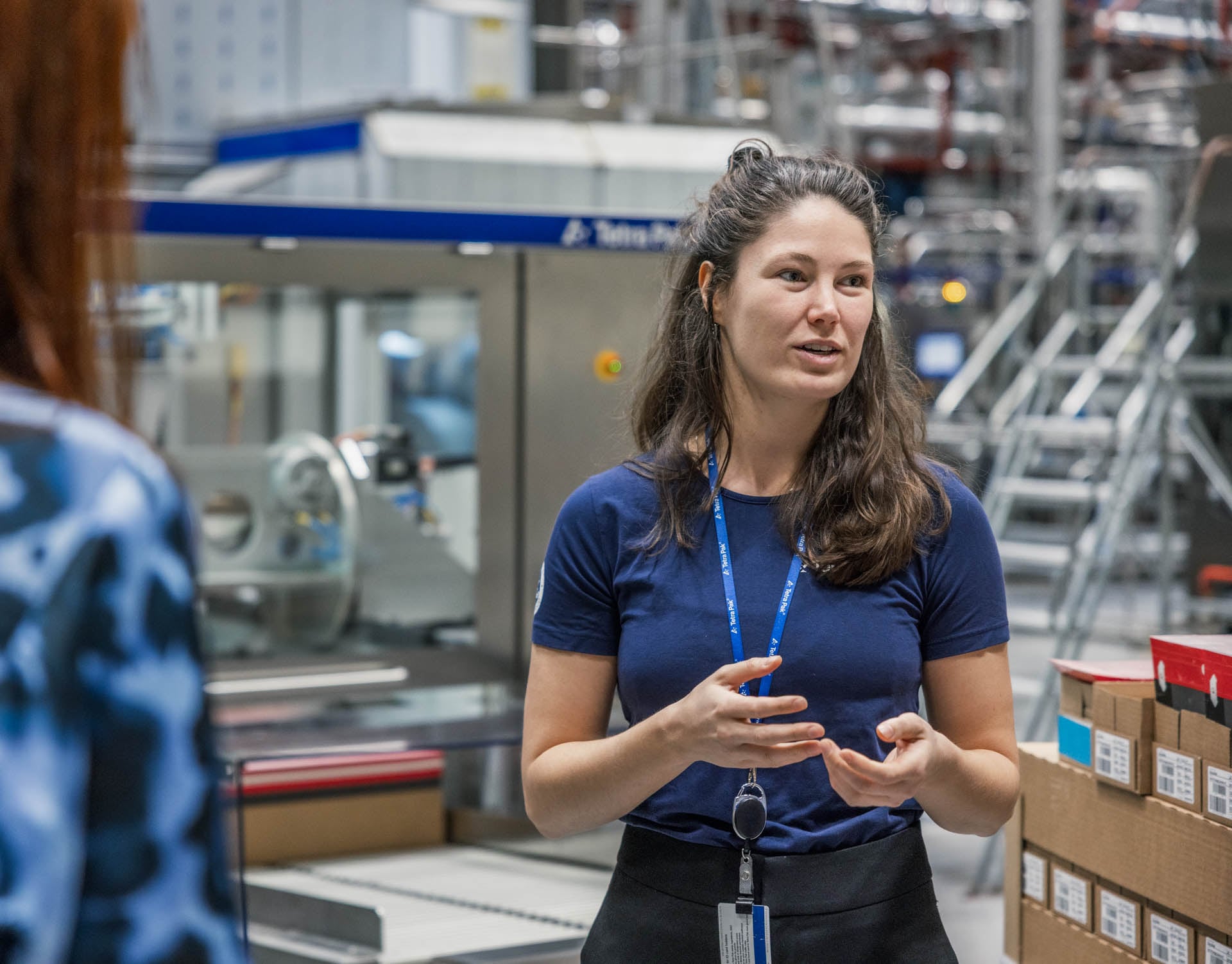
Big Interview
In a world dominated by cans and glass jars, Tetra Pak believes its Tetra Recart packaging product is the future of food

The debate still rages as to which food packaging is best for the planet
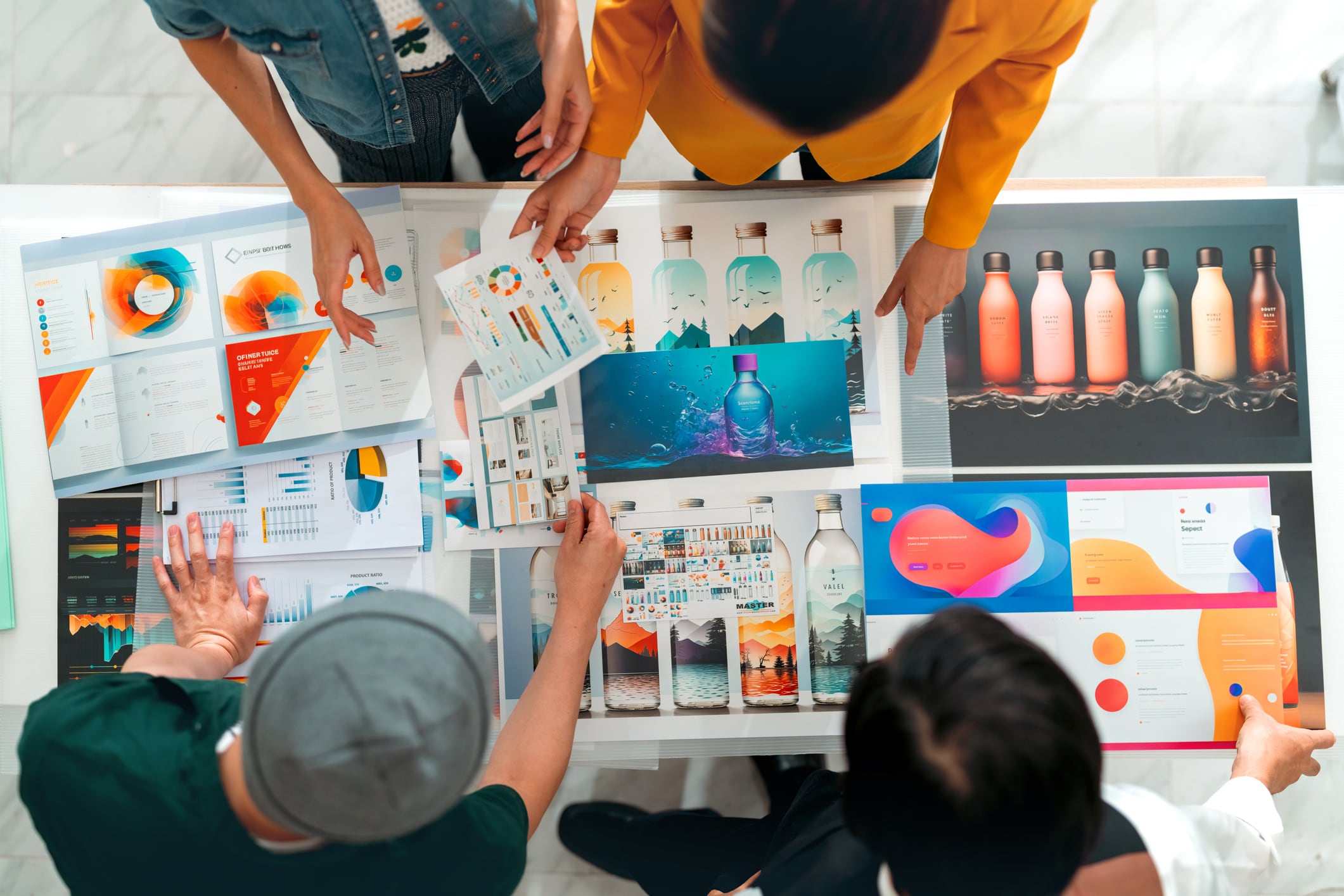
Foreign brands seeking a way into Europe must prepare for an image overhaul without weakening authenticity and story
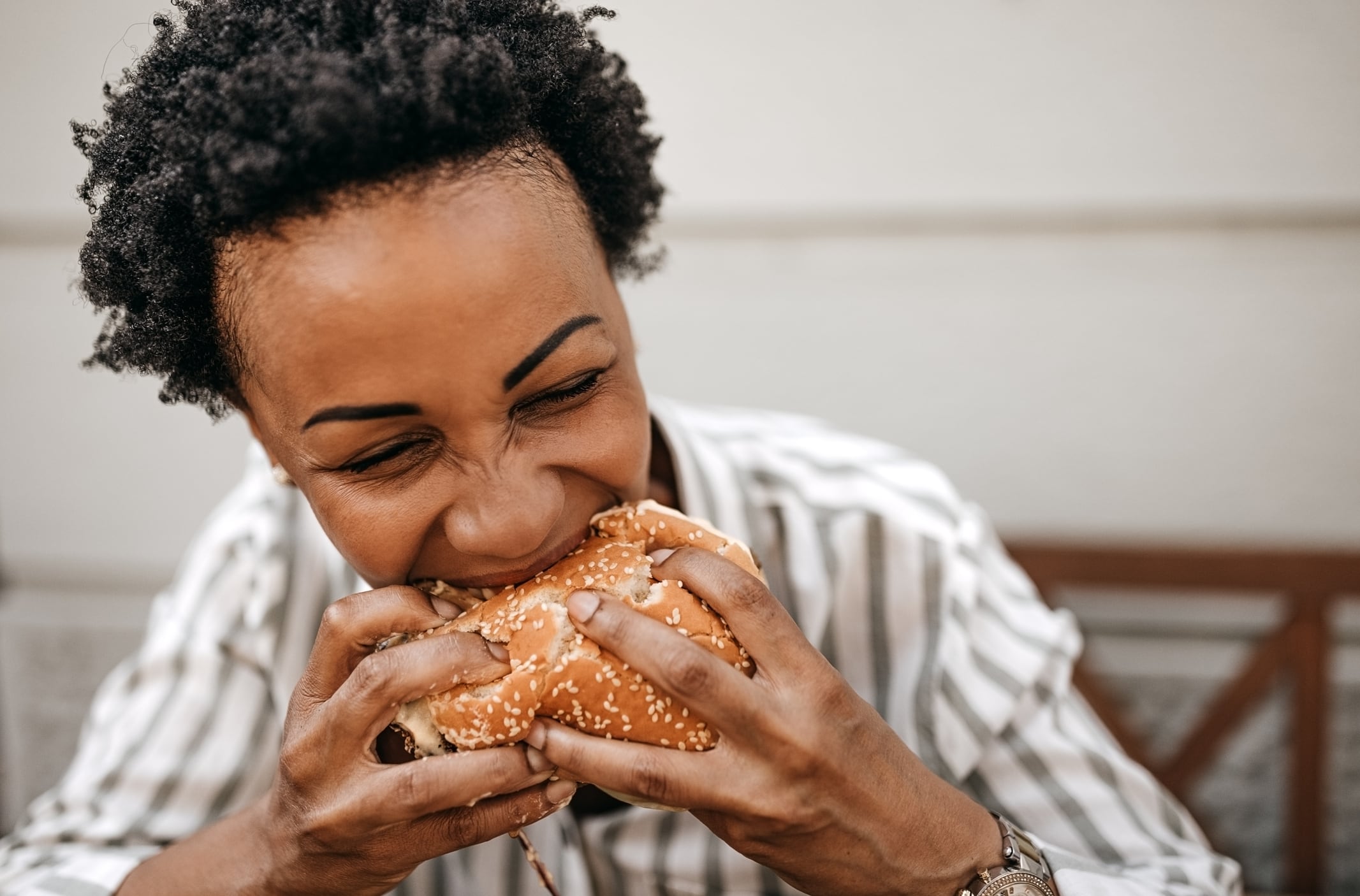
The foundation is developing its own food processing guidelines

Cracks are starting to emerge in geographical protections. But could they disappear for good?